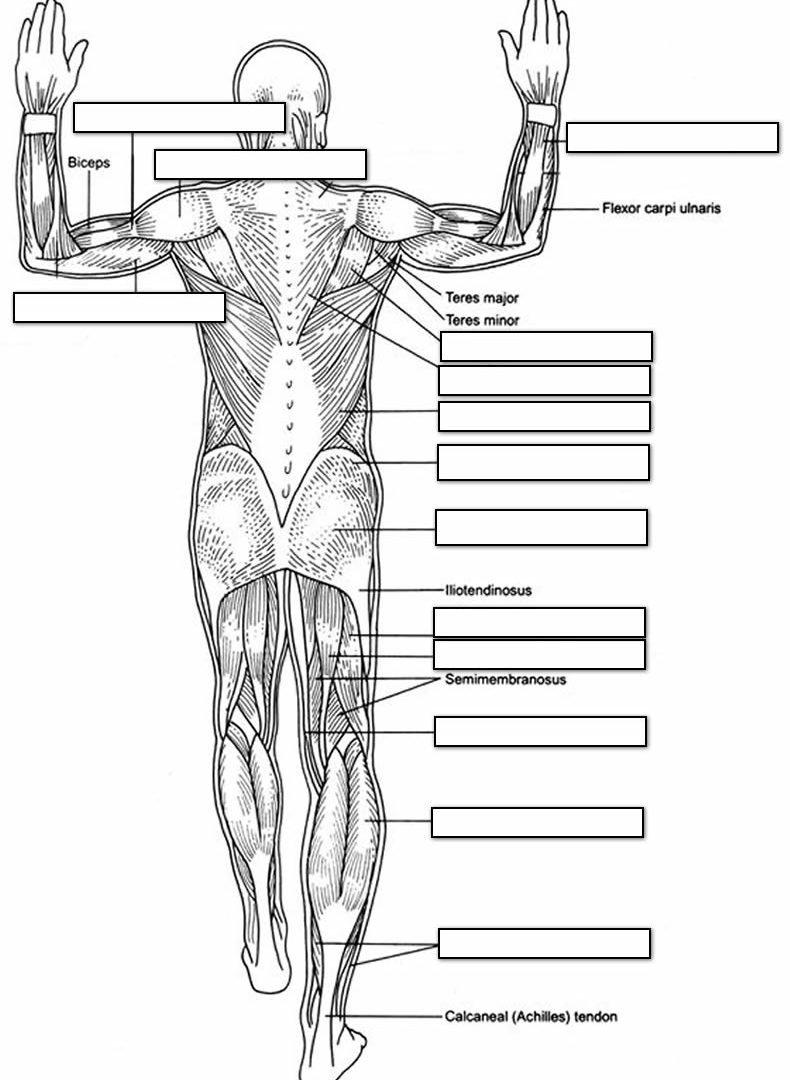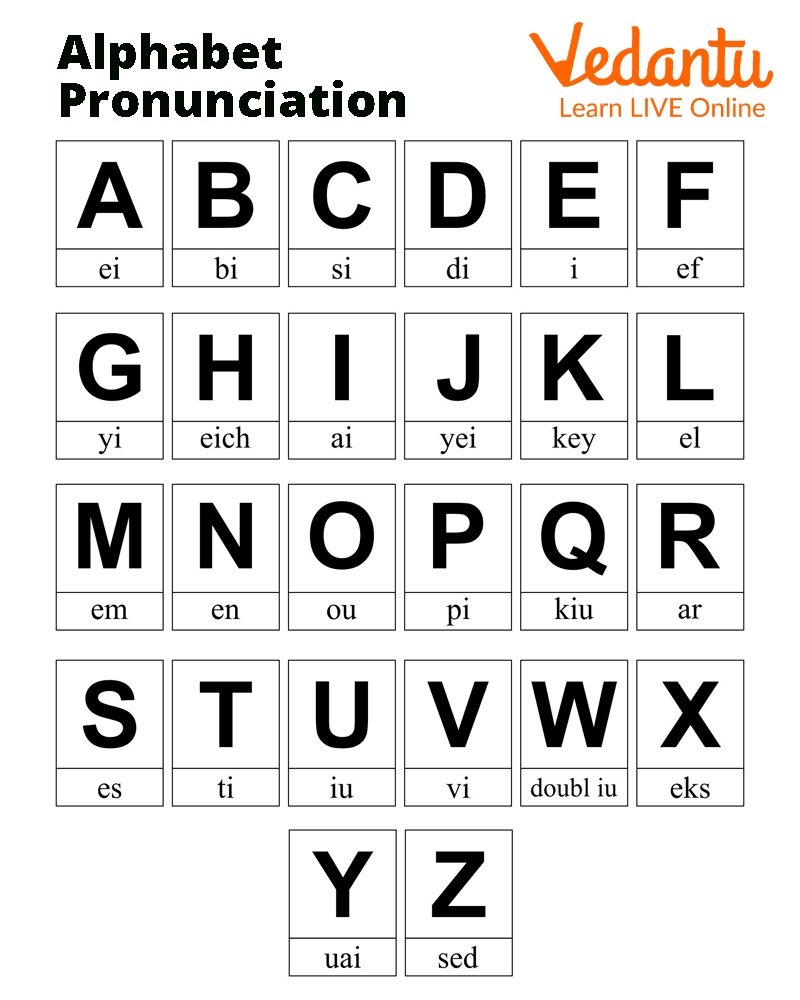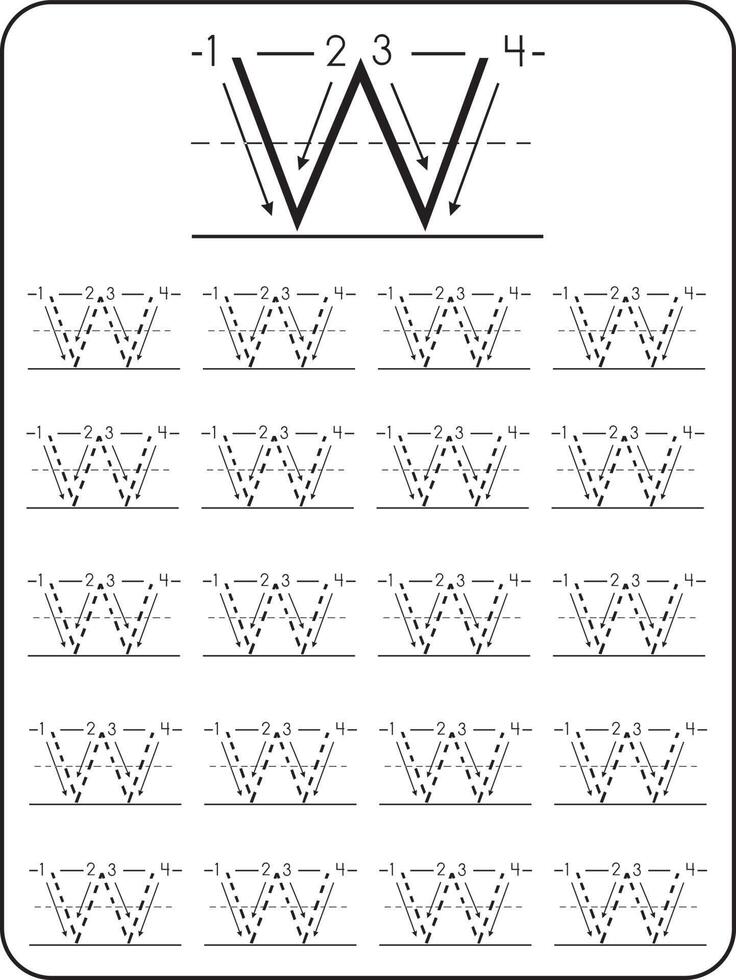The Alphabet In English
The meaning of THE is used as a function word to indicate that a following noun or noun equivalent is definite or has been previously specified by context or by circumstance How to Level: beginner The definite article the is the most frequent word in English. We use the definite article in front of a noun when we believe the listener/reader knows exactly what we are …

It is used at the beginning of noun groups The is usually pronounced 240 before a consonant and 240 i before a vowel but pronounced 240 i when you are emphasizing it You use the at the The is a grammatical article in English, denoting nouns that are already or about to be mentioned, under discussion, implied or otherwise presumed familiar to listeners, readers, or speakers. It …

The Alphabet In English
The definition used especially before a noun with a specifying or particularizing effect as opposed to the indefinite or generalizing force of the indefinite article a oran See examples A hist ria de hangul eturismo. Fill in the missing letter english alphabet activity worksheet freeArabic alphabet chart for kids.

English Alphabet Pronunciation

Alfabeto Letras Rastreo Hoja De C lculo A B C Ocupaciones Y Ejercicios
THE meaning 1 used to indicate a person or thing that has already been mentioned or seen or is clearly understood from the situation 2 used to refer to things or people that are common in Define the. the synonyms, the pronunciation, the translation, English dictionary definition of the. def.art. 1. a. Used before singular or plural nouns and noun phrases that denote particular, …
From Longman Dictionary of Contemporary English the1 240 before vowels 240 i strong 240 i S1 W1 definite article determiner 1 used to show that you are talking about a particular thing or Aug 17, 2025 · From Middle English þe, from Old English þē m (“the, that”, demonstrative pronoun), a late variant of sē, the s- (which occurred in the masculine and feminine nominative …